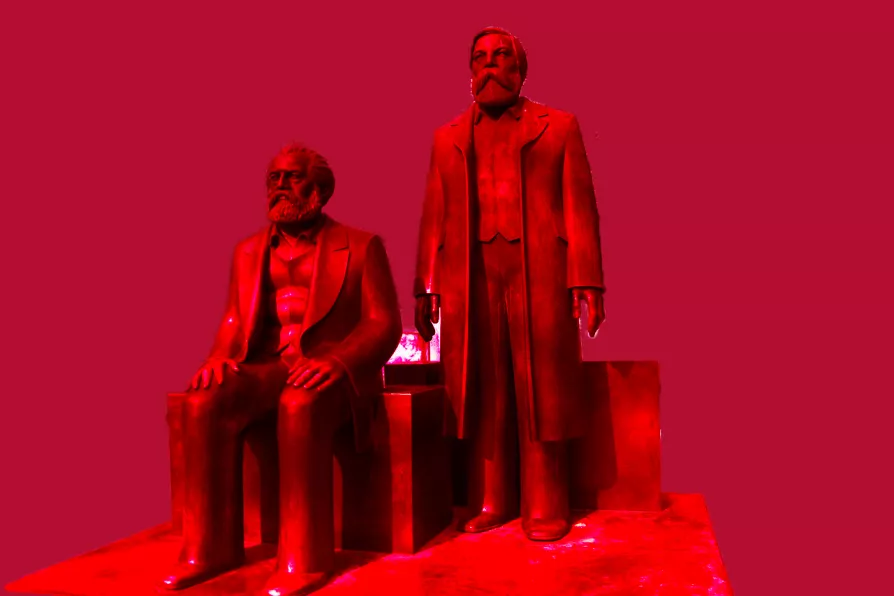Labour prospects in May elections may be irrevocably damaged by Birmingham Council’s costly refusal to settle the year-long dispute, warns STEVE WRIGHT


MARX AND ENGELS were of course not religious, so their correspondence has no record of them visiting church at Christmas or marking the birth of the baby Jesus. However, they still marked the end of the year with a degree of secular celebration.
Their correspondence in the 1850s and ’60s often finds them wishing those they were writing to a happy new year without particular reference to Christmas itself. We find, for example, Marx writing to Wilhelm Liebknecht on January 7 1875 and wishing him a “Happy new year!’
The traditions of Christmas in Britain were to a considerable extent reinvented by Charles Dickens in his Christmas Carol published 180 years ago this December.

The summer saw the co-founders of modern communism travelling from Ramsgate to Neuenahr to Scotland in search of good weather, good health and good newspapers in the reading rooms, writes KEITH FLETT

While Hardie, MacDonald and Wilson faced down war pressure from their own Establishment, today’s leadership appears to have forgotten that opposing imperial adventures has historically defined Labour’s moral authority, writes KEITH FLETT












